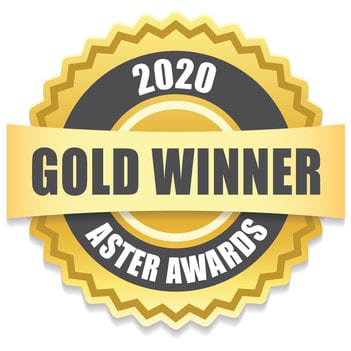Look no further than the American Kidney Fund’s Kidney Kitchen: You can search for low potassium recipes and choose the ones that sound good to you. Kidney Kitchen currently has over 650 recipes and AKF is constantly adding more. Meal planning is important. Think about foods you like, print out the potassium food list from Kidney Kitchen, cross off all of the foods you don’t like, highlight your favorite foods. For the foods you highlight that fall in the high potassium columns, make a strategy of how to fit them into a weekly plan. Maybe it is eating a smaller portion, maybe it is cutting out something else the day you eat that item. Don’t have a day when you eat multiple high-potassium foods. And if possible, cook your meals vs going out, that way you are in control. When deciding if the recipe fits into your daily potassium goal, a good rule of thumb is 600-700mg of potassium per meal and 100-200mg per snack for a daily goal of 1800 – 2200mg of potassium per day. If you know you are going to have a meal that is higher in potassium, skip your daily snacks or eat less potassium at the other meals. Remember we don’t absorb all of the potassium found in food so that can give you a little bit of wiggle room but still be mindful and don’t go overboard. Choosing foods with natural sources vs potassium added to foods just like with phosphorus the man made potassium is easily absorbed. If you are on dialysis talking with your dietitian is also a good resource for low potassium recipes or find a renal dietitian on Academy of Nutrition and Dietetics website: https://www.eatright.org/find-a-nutrition-expert.
Where do I find meal plans for low potassium?
Dietitian
Carolyn Feibig, MS, RD, LD, CCTD
Disclaimer
Kidney Kitchen is not designed to diagnose disease or prescribe an eating plan for your stage of kidney disease. The information shared on Kidney Kitchen is developed by experts in renal nutrition and is provided for informational purposes only. The American Kidney Fund, its staff, agents and Trustees are not able to provide medical advice. Please consult with a medical professional or registered dietitian for specific questions you may have about your diet. Learn more












